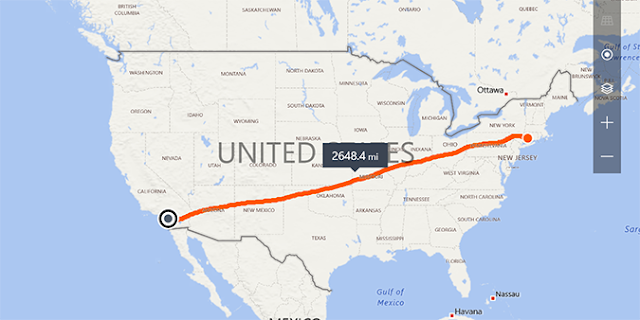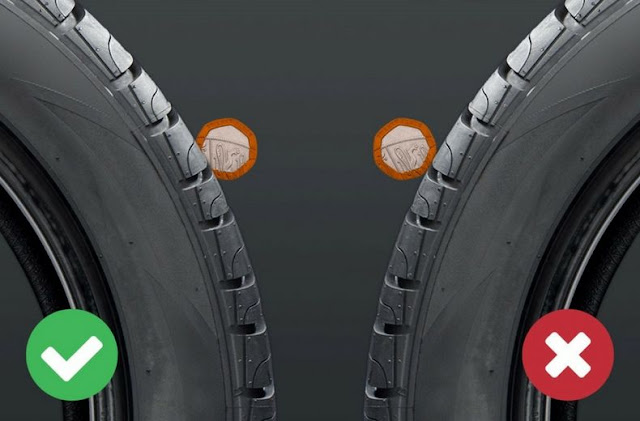Is your business closely related to the regular transportation of goods? Or periodically you need to transport goods? Many companies are pleased to offer their customers freight forwarding services regarding the supply of goods from both the international level and domestic transport.
Today, more than ever, such a service as a transport expedition has gained widespread popularity. This is due to the development of market relations, the development of various forms of business and entrepreneurship because at the moment the vast majority of imported goods. The international transportation of goods both by road and by rail, by water, or by plane has wide demand.
Many companies have been working on the market for a long time, and during this time they have shown themselves to be reliable business partners, a huge number of large companies, smaller companies and firms have used their services. The services of such companies consist of the transportation of all types of cargo, in their expeditionary support, customs clearance, warehousing services, and rigging. In such companies, you can order the shipping of any kind of transport. If you choose road transport, then the entire route of the vehicle with your goods is recorded and clearly monitored, and therefore you can be completely sure about the integrity and safety of the cargo.
Also in companies, you can order forwarding services for your cargo escort and processing.
More information about companies and their activities can be found on their websites. Also there you can familiarize yourself with all types of services provided by the company.
Service prices are usually quite reasonable, and therefore using the services of such companies will be a very profitable solution for you.
If you want to know how to become a truck dispatcher? Contact Us!!!

 +1 773 649 1774
+1 773 649 1774








